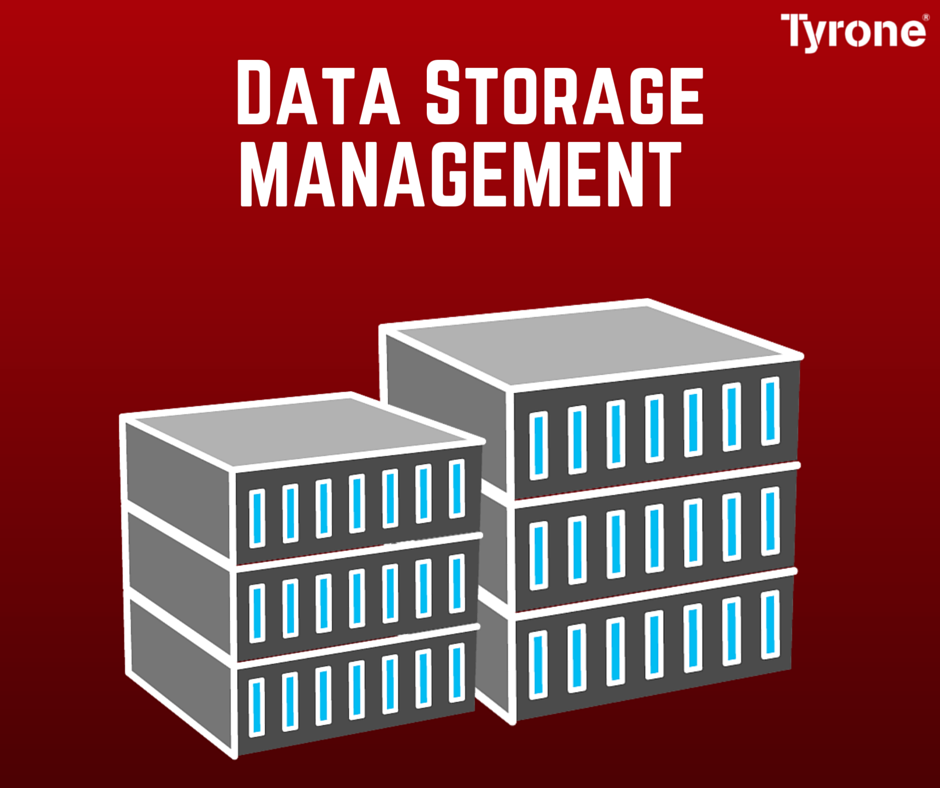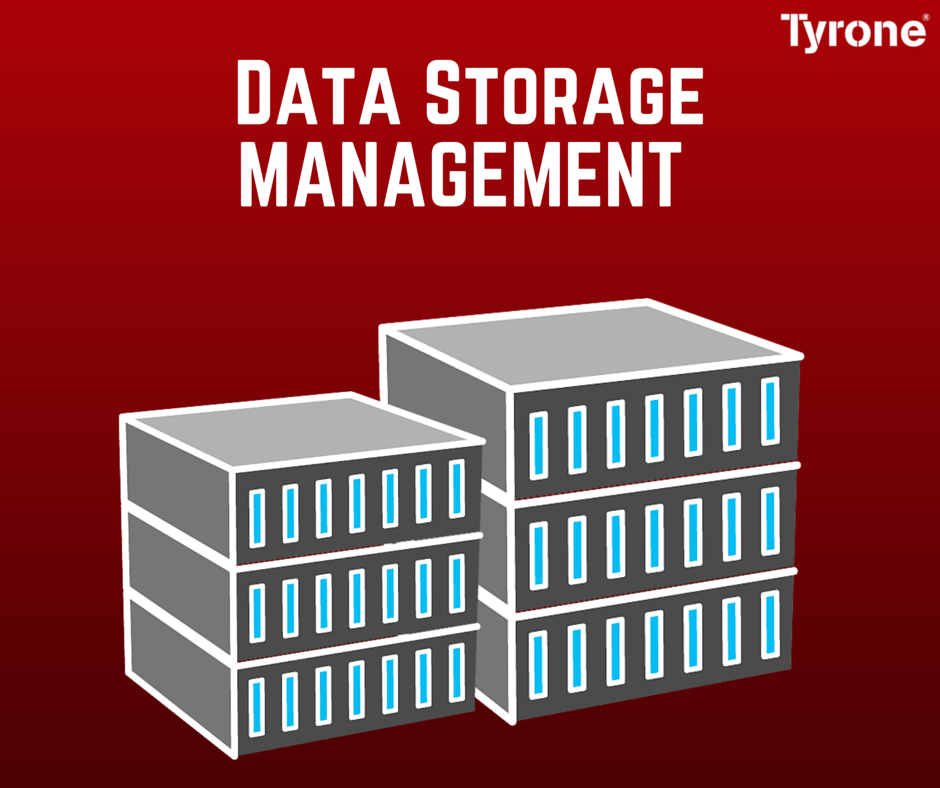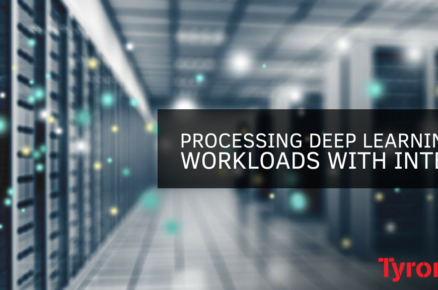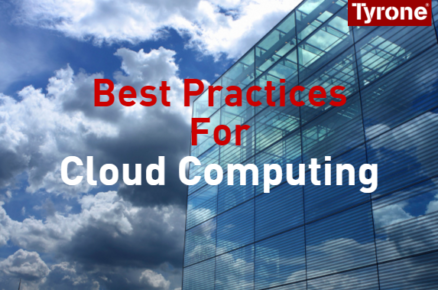Before you decide where or how you will store your structured and unstructured data, “companies first need to understand the amount and type of data they have along with the motivation behind storing the information”. “Having this background will help determine what route to take, whether building on-premise solutions or moving to the cloud,” or some combination of the two.
Know your data.
“All data is not created equal — and understanding the business value of data is critical for defining the storage strategy”
Don’t neglect unstructured data.
“Think about how you might want to combine multi-structured data from your transactional systems with semi-structured or unstructured data from your email servers, network file systems, etc.” “Make sure that the data management platform you choose will let you combine all these types without months or years of data modeling effort”
Understand your compliance needs.
“If you are a publicly traded company or operating within a highly regulated industry such as financial services or healthcare, the bar has been set high for compliance and security”
Establish a data retention policy.
“Setting the right data retention policies is a necessity for both internal data governance and legal compliance”. “Some of your data must be retained for many years, while other data may only be needed for days.”
Don’t let upfront costs dictate your decision.
“The real cost of storage comes from operating the solution over several years”. So “make sure you really understand your operating costs [or total cost of ownership]: personnel, third-party support, monitoring, even the chance you’ll lose data, which certainly carries a cost,” he says. “These all quickly dwarf the upfront costs to purchase and deploy.”
Use a tiered storage approach.
“Save money by only using your fastest storage, like SSD, for data that you actively use, and utilize less expensive platforms, like the cloud, to store your archival or backup data”. “Make sure your systems can utilize different storage tiers so as the performance needs of an application change, you don’t need to re-architect [it].”
Know your clouds.
“All storage clouds are not created equal,” which provides storage infrastructure as a service. “Some clouds are optimized to handle archiving, others have the performance and stability to act as the back end for a primary data storage system, and still others aren’t worth the risk for any purpose”. “The lowest price cloud may end up being much more expensive in the long run if data is lost or inaccessible.
Source : http://www.cio.com/article/2382585/virtualization/14-things-you-need-to-know-about-data-storage-management.html













